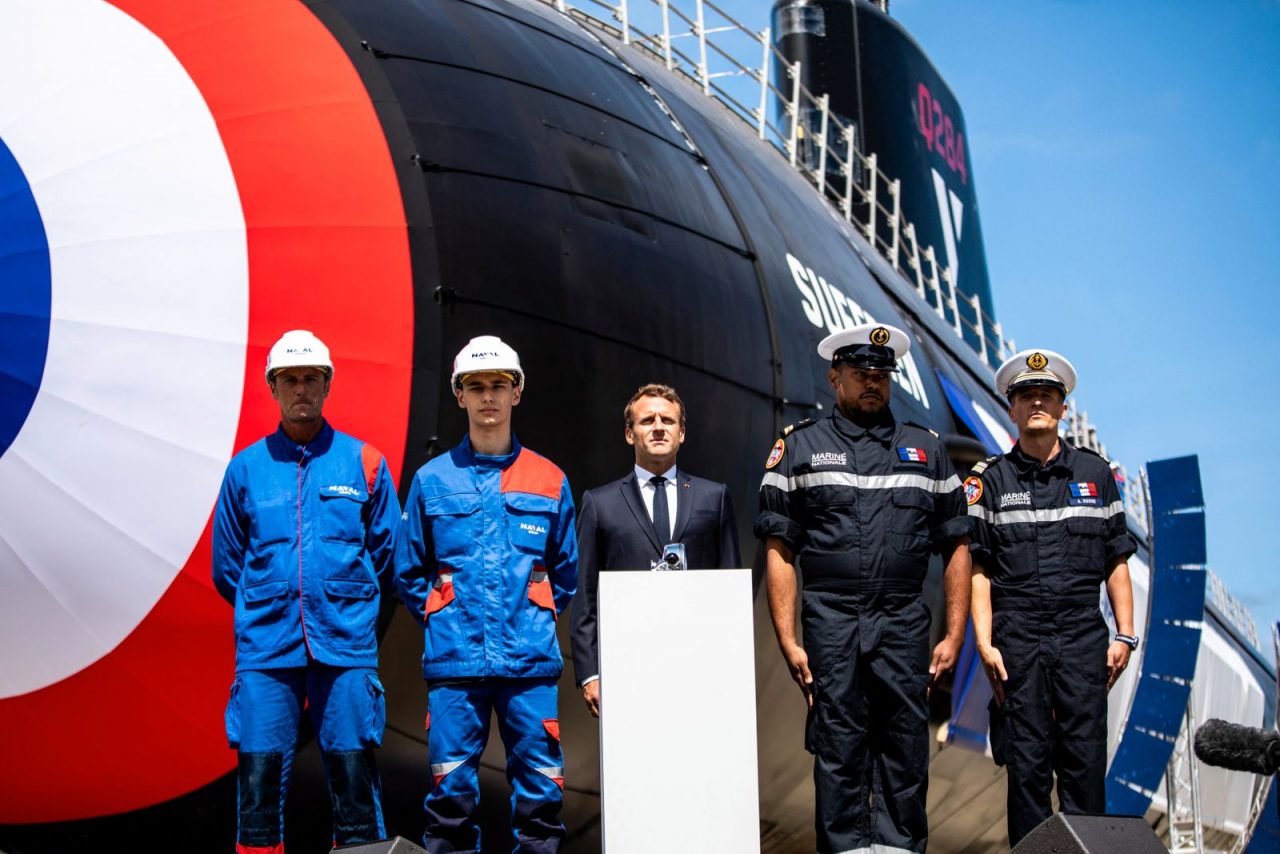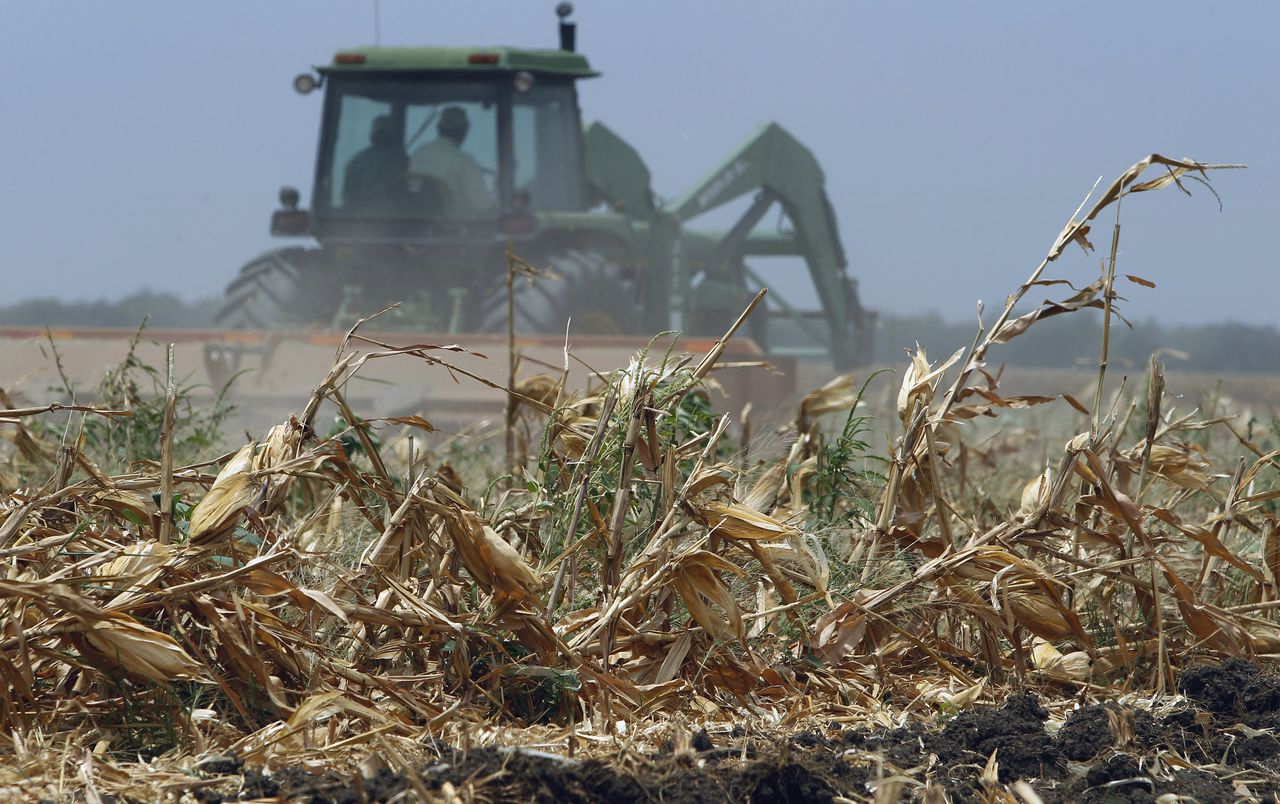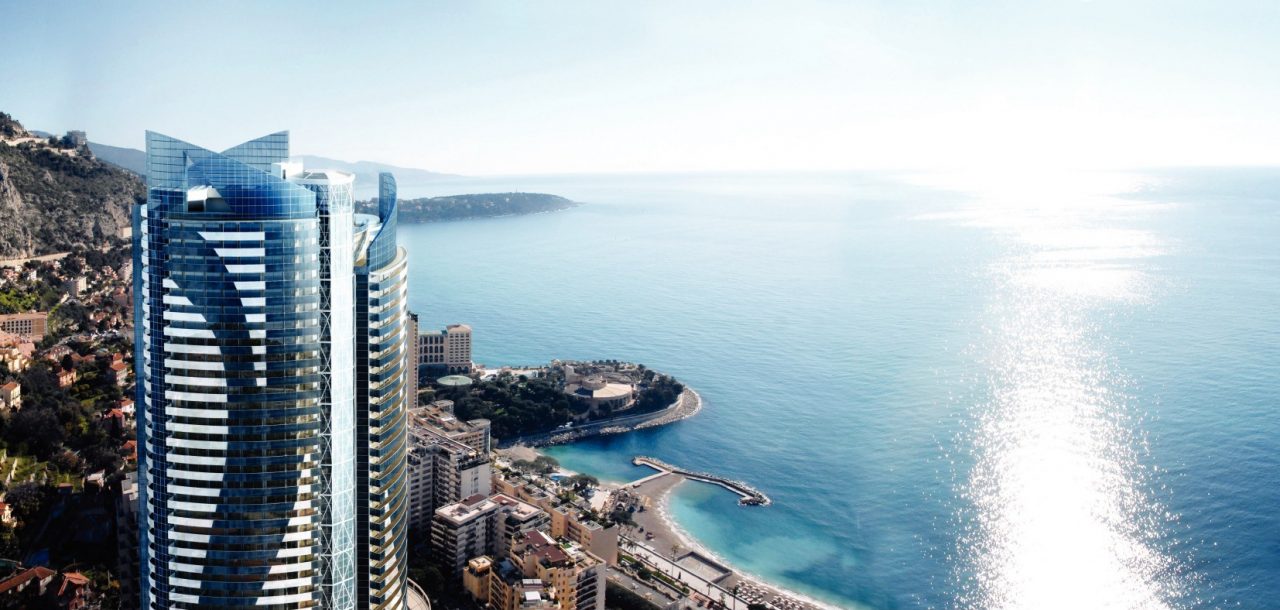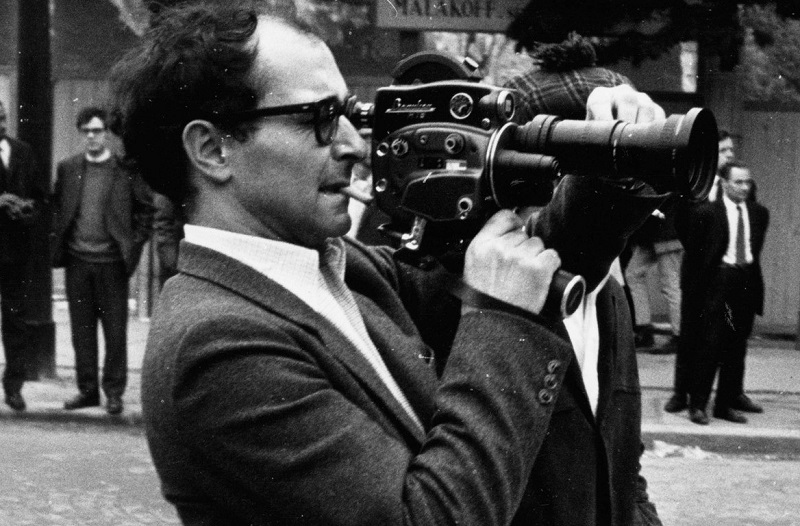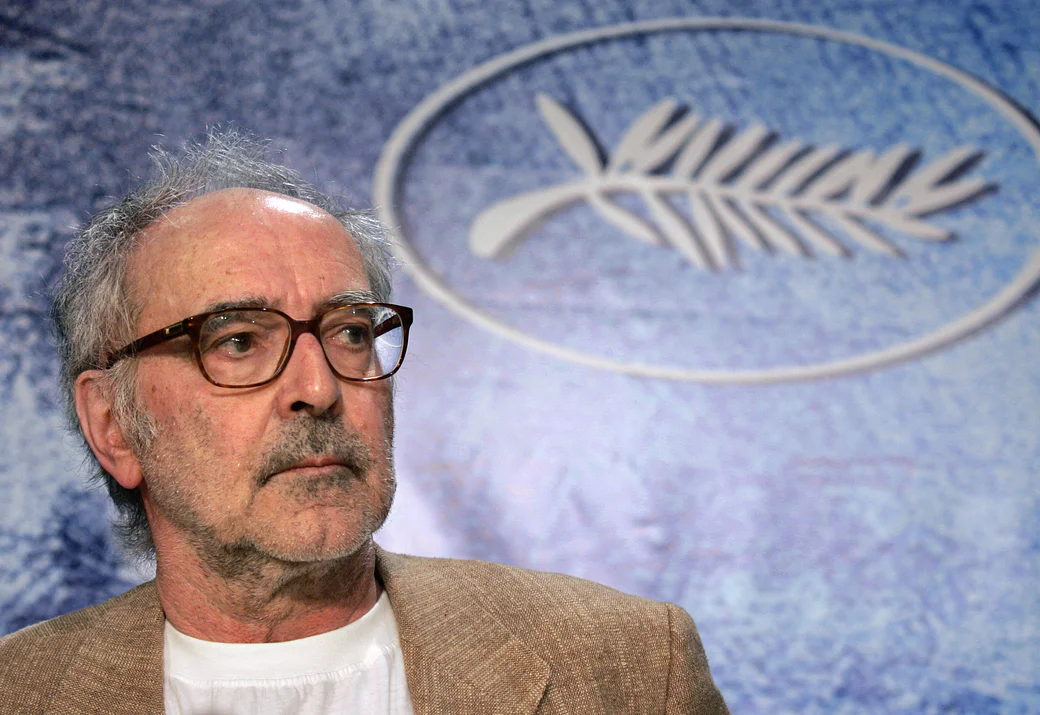Архивы В стране | Сторінка 3 з 409 | SLON
Сьогодні мова піде не про саму ціну на нерухомість, а про те, як знизити додаткові витрати, які з’являються при купівлі житла та після.
Витрати на реєстрацію покупки
Нотаріус
Найважливішу роль при придбанні нерухомості відіграє нотаріус, без якого не можна обійтися. З його допомогою обидві сторони мають право на укладення попереднього договору, який зобов’язує покупця здійснити гарантійну виплату у розмірі 5-10% від загальної ціни житла. Строк дії цього договору становить 3 місяці, за які нотаріус має перевірити юридичну чистоту правочину та розрахувати початкові витрати. У них входять:
- реєстраційні внески (близько 5,8% вартості об’єкта);
- внесок за опублікування повідомлення про правочин (0,7%);
- оплата послуг нотаріуса (від 1% до 4% – точна сума залежить від ціни нерухомості та встановлюється згідно із законом);
- спеціальні виплати нотаріусу за додаткове консультування.
Приблизну цифру витрат для будь-якого випадку можна вирахувати за допомогою онлайн-калькулятора на порталі Національного агентства з житлових питань.
Як зменшити витрати? Укладання угоди за допомогою нотаріуса обов’язково за законодавством – знизити і взагалі не платити цю ціну не вдасться. Але можна спробувати поговорити з продавцем і розділити витрати.
Рієлтерська комісія
Звернувшись до ріелтера, можна позбутися безлічі турбот, але подібне звернення обійдеться ще в 1-7% вартості нерухомості.
Як зменшити витрати? У Франції агент нерухомості не обов’язковий, але він здатний сильно полегшити пошук та переговори. Але й слід вважати агента гарантом безпечної угоди. Вся відповідальність лежить на нотаріусі, саме він перевіряє всю документацію, встановлює право власності плюс до всього вносить записи до держреєстру. Для якісної перевірки нотаріус має право просити додаткові документи, наприклад, такі, що можуть підтвердити надійність та легальність фінансів.
Іпотечне кредитування
Іпотечний кредит додає ще 3 типи витрат:
- комісія банку за оформлення документації – 500-1000 євро;
- кредитна ставка: у середині осені 2019 року у середньому становила 1,18%;
- страховка іпотеки: тут відсоток може бути вищим, ніж в основній ставці.
Як зменшити витрати? Якщо без іпотеки не вдасться придбати нерухомість, необхідно якісно ознайомитися з усіма підводними каменями кредитної програми.
Оподаткування
Знижуємо витрати на житло ще трьома способами, зменшуючи податкові відрахування.
Податок на проживання
Незвичайний податок Франції, запроваджений ще 1974 року. 2016 року в середньому він виходив 1097 євро за рік. Зараз йде поетапне скасування цього податку – вона була передвиборчою обіцянкою Еммануеля Макрона, її початок було покладено ще 2018 року. У 2022 році цей вид платежу має бути повністю скасовано. Але на сьогоднішній день діють лише встановлені пільги для певного контингенту.
Таким чином, сім’я, яка не має дітей, якщо їх загальні доходи за 2019 рік не перевищили 43 тисяч євро, у 2020 році можуть отримати 100% зменшення податкового внеску за основним місцем проживання.
Але реальне і зворотне застосування: якщо доходи цієї сім’ї за 2019 рік не були нижчими за 45 тисяч євро, то індивідуально для них буде вираховано відсоток, на який зменшать податковий внесок.
При отриманні помилкового повідомлення, в якому не враховано пільг, власники нерухомості мають право написати заяву, щоб було проведено перерахунок та встановлений термін. Крайня дата написання заяви останній день року, який слідує за роком, коли стягується податок. Наприклад, на податковий внесок у 2018 році останньою датою подання заяви є 31.12.2019.
Податковий внесок на житло
У Французькій республіці реально звільнитися від 50% або 100% за 5 років виплат податкових внесків на об’єкти нерухомості для платників податків, які проводять у власному житлі, побудованому до 1989 року, реконструкцію з метою енергозбереження, витрачаючи при цьому понад 10 тисяч євро. Враховуються витрати на встановлення приладів обліку опалювальних елементів та іншого обладнання, спрямованого на економію енергії.
Звільнитися від сплати даного податкового внеску на 2 роки можна і на житло, яке нещодавно було збудовано. Щоб отримати звільнення, потрібно направити заяву до податкового органу не пізніше 90 діб з дня завершення побудови.
Податок на прибуток
При здачі житла в оренду власник повинен сплачувати прибутковий податковий збір. Якщо купити старий будинок для реконструкції, то цілком реально отримати знижку за спеціальною держпрограмою De Normandie, яку прийнято в кількох комунах Франції. У разі повинні виконуватися 2 умови:
- витрати на ремонтні роботи – понад 25% ціни купленої нерухомості;
- після реконструкції здавати нерухомість у найм на тривалий термін.
Тут пільга встановлюється залежно від орендного договору, розрахованого:
- від 6 до 9 років – 12%;
- від 9 до 12 років – 18%;
- від 12 років – 21%.
Наприклад, за вартості угод й у 200 тисяч євро, вартість ремонту має бути понад 50 тисяч євро. У такому разі при підписанні орендного договору терміном на 12 років розмір пільги вийде 4 375 євро за рік.

